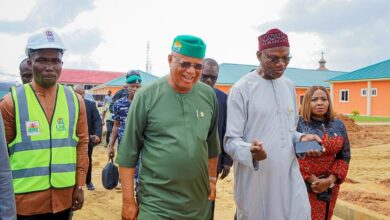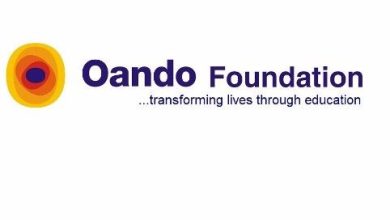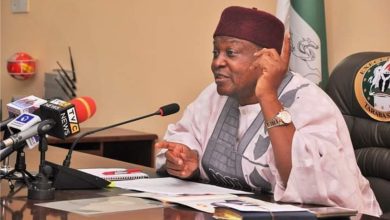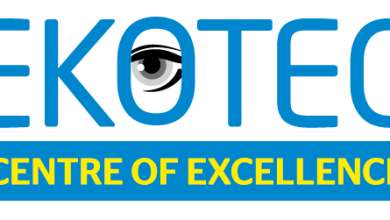ITF partnered with NCDMB to train 100 youths

By Ojieh Victoria Orowo
The Industrial Training Fund (ITF) has facilitated the training of 100 Nigerian youths in vocational skills programmes sponsored by the Nigerian Content Development and Monitoring Board (NCDMB).
This is the second time the Board is collaborating with ITF for the training of Nigerian youths. The first edition was concluded in 2021 and 254 youths were trained and equipped with tools and resources that should enable them to start their own enterprises.
The vocational programme is scheduled to last for six months and the training covers eight skills areas,they include Information and Communication Technology, Electrical/Electronic Technology,Industrial Automation and Mechatronics, Instrumentation and Process Control, Mechanical Services and Maintenance, Mobile Phone Repairs and Troubleshooting, Residential Air-Conditioning and Refrigeration, Maintenance and Building Technology.
The Executive Secretary of NCDMB, Engr. Simbi Kesiye Wabote spoke at the opening ceremony in Abuja on Monday, he expressed happiness and was pleased that many participants from the first programme have started their businesses, and some got formal employment to support the economy. The high level of success from the first training programme motivated the need to carry out the second batch of the training, he said.
The programme would last for six months, and it is the second time the Board is collaborating with the ITF for the training of Nigerian youths. The first edition was concluded in 2021 and 254 youths were trained and equipped with tools and resources that should enable them to start their own enterprises.
The Executive Secretary of NCDMB, Engr. Simbi Kesiye Wabotespoke at the kick-off ceremony in Abuja on Monday and expressed delight that many participants from the first programme have started their own businesses, and some got formal employment to support the economy. The high level of success motivated the need to carry out the second batch of the training, he said.
Represented by the General Manager Capacity Building Division, Dr. Ama Ikuru, the Executive Secretary explained that the training is designed to ensure that beneficiaries end up as successful artisans, entrepreneurs, and employers of labour, which is why emphasis will be placed on entrepreneurship and practical skills.
He also added, “With our 60:20:20 training policy, we insist that at least 60 percent of our beneficiaries will have a clear line of sight to gainful employment and or are equipped to start their own businesses,”.
Beneficiaries of the programme were selected from the Board’s NOGIC-JQS platform, with representation from different zones of the country. Selection exercises were also organized for the trainees, involving tests and oral interviews in Abuja, Lagos and Port Harcourt.
According to the NCDMB boss, the Board trains 2,000 Nigerians in different skill areas through direct interventions or through collaborations .
Wabote revealed that “over 3,000 Nigerians benefited from the Board’s sponsored or facilitated training programmes in 2021, and a large number is anticipated in 2022 to ease effects of COVID 19 and the challenges being faced in the wider economy.”
Read also: Ondo Governor Calls for Partnership on Educational Sector
Wabote stated that human capacity development is one of the key mandates of the Board, he also confirmed that the Board’s human capacity training programmes have been aligned with the rapid advancement of technologies and the digitalization in the oil and gas industry and the Board will increase the number of training programmes in digital
science, analytics, and digital coding.
He mentioned other areas of the Board’s capacity building interventions, the areas include the renovation and upgrade of some technical and vocational education training schools (TVETS) across the country, equipping engineering departments in selected tertiary institutions with modern industrial equipment to ensure that their graduates are trained ready for the challenges of the modern industry.
The Director-General of ITF, Sir Joseph Ari commended NCDMB for its commitment to the empowerment of Nigerians and for collaborating with the institution
The NOGIC JQS was created in line with section 55 of the Nigerian Oil and Gas Industry Content Development Act (“NOGICDA”), which states that the Board shall establish, maintain and operate a joint qualification system (JQS) in consultation with industry stakeholders, which shall be administered in accordance with provisions set out in the
regulations to be made by the Minister in accordance with the provisions of this Act.
The Nigerian Content Development and Monitoring Board (NCDMB) manages the NOGIC JQS.




